Book Review: Hysteria by Elisabeth de Mariaffi
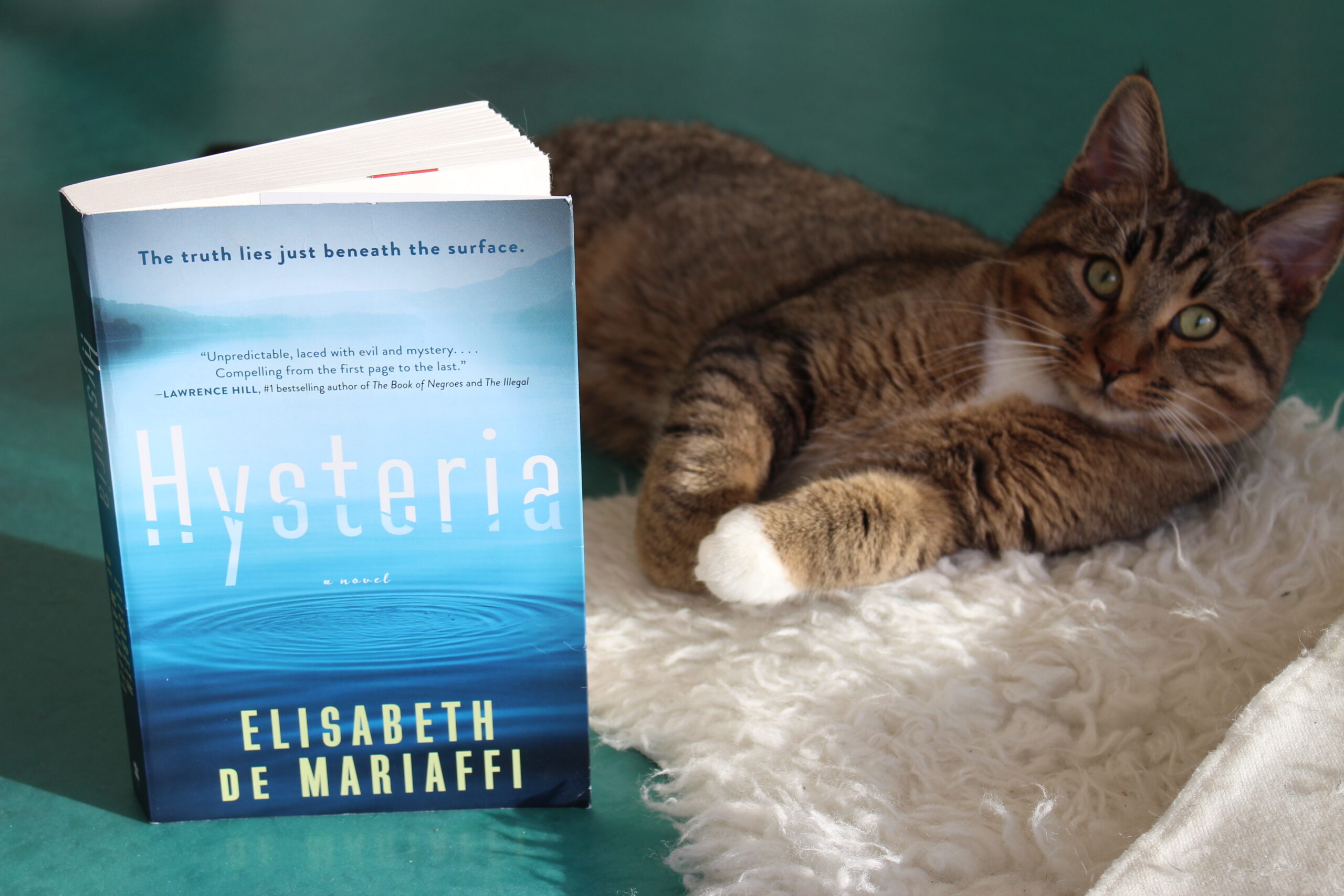
My Canadian readers will probably be familiar with this latest can-lit thriller: Hysteria by Elisabeth de Mariaffi. It’s just come out, and it’s getting a hysterical amount of press (obviously I had to use that adjective somewhere in this review, but I promise I won’t do it again). Is this book a page-turner? Yes. Is Mariaffi a good writer? Yes definitely. Did I guess the ending shortly after the book began? Unfortunately, yes. But even though I anticipated the twist almost immediately, I still enjoyed the journey to the end, and I suspect my crime-loving friends will feel the same way. This book isn’t about some shocking conclusion, rather, it’s the eerie atmosphere and gradual character development that draws you in and keeps you interested.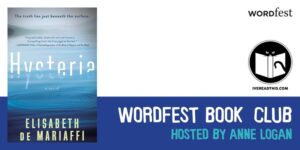
The book begins with a disturbing description of the protagonist Heike’s experience as a young girl who was forced to take her younger sister and flee their home during WWII. They journey on foot for months through the woods searching for a safe haven, and in the process Heike loses her younger sister. We then flash forward to 1956 and a seemingly different life where Heike lives as an upper middle class housewife and mother, married to Eric, a controlling man who was once her doctor, and taking care of their young son Daniel. They’re spending their time at a summer home in upstate New York, and there are lots of evening parties, cocktails on the beach, and other Mad Men-esque qualities to enjoy (or endure, depending on your gender-it will come as no surprise that the women in this story are consistently controlled and talked down to).
Almost immediately we begin to see cracks in Heike’s new life; Eric gives her ‘tonics’ to help her sleep, which are quite clearly drugged with various things, putting her to sleep for sometimes days a time. Heike and Daniel come across a young girl who appears and disappears within moments, forcing Heike to question whether she saw her at all, and a strange abandoned cabin down the road seems to be haunted, changing slightly every time Heike sees it. This cabin in particular hosts some of my favourite scenes of the book as Mariaffi brilliantly overlays the landscape with a ghost story of sorts-her settings and overall tone of the book are extremely well done.

Heike is our typical unreliable narrator because it’s clear from the very beginning that she is suffering from PTSD due to her experiences during the war (not to mention the ‘drinks’ Eric mixes for her). But even though we can’t trust what she is seeing, her experiences still ring true to us as readers, drawing us in to whatever she is going through. She is incredibly strong, preferring outdoor exploration with Daniel to indoor socialization with friends. Not only that, but her careful management of her husband’s moods demonstrate a powerful understanding of what’s expected of her and her gender at the time, which gave me confidence in her actions, as strange as they seemed at times.
So is Hysteria worth all the hype? That’s difficult to say, because there seems to be so much of it that even a masterpiece would fall short of the expectations that have been set for this book. However, I did thoroughly enjoy reading it, and for lovers of a psychological thriller with a literary bent, this is one you should definitely check out. My Calgary readers will be happy to know I’ve also chosen it as next month’s book club pick, so please join us on April 24 for what’s sure to be an exciting discussion.

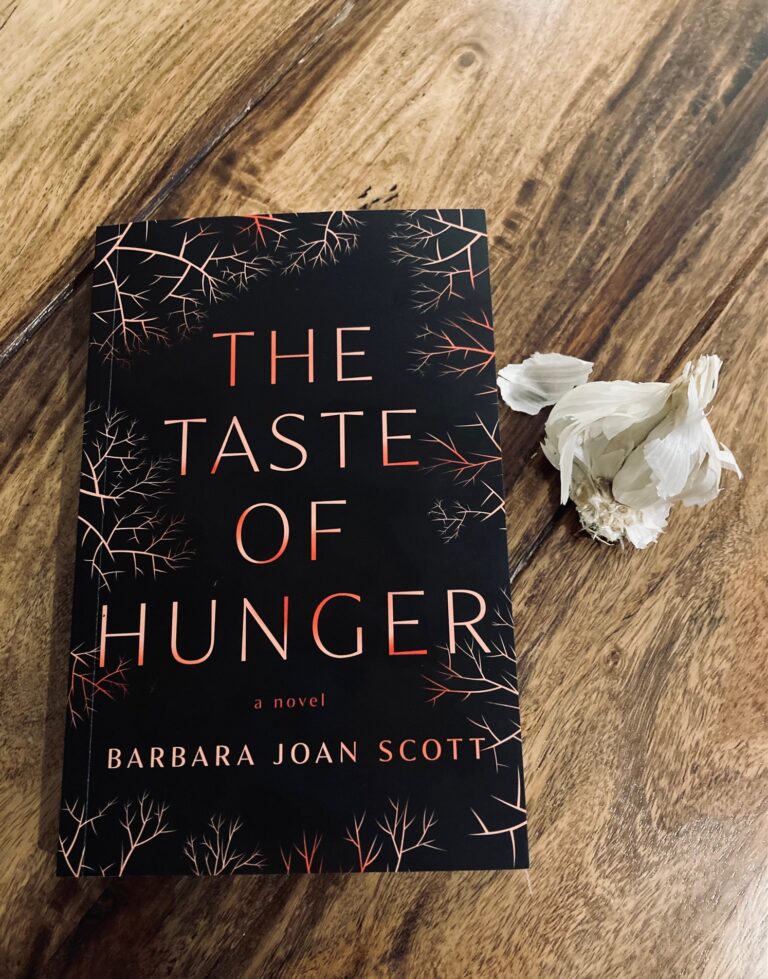
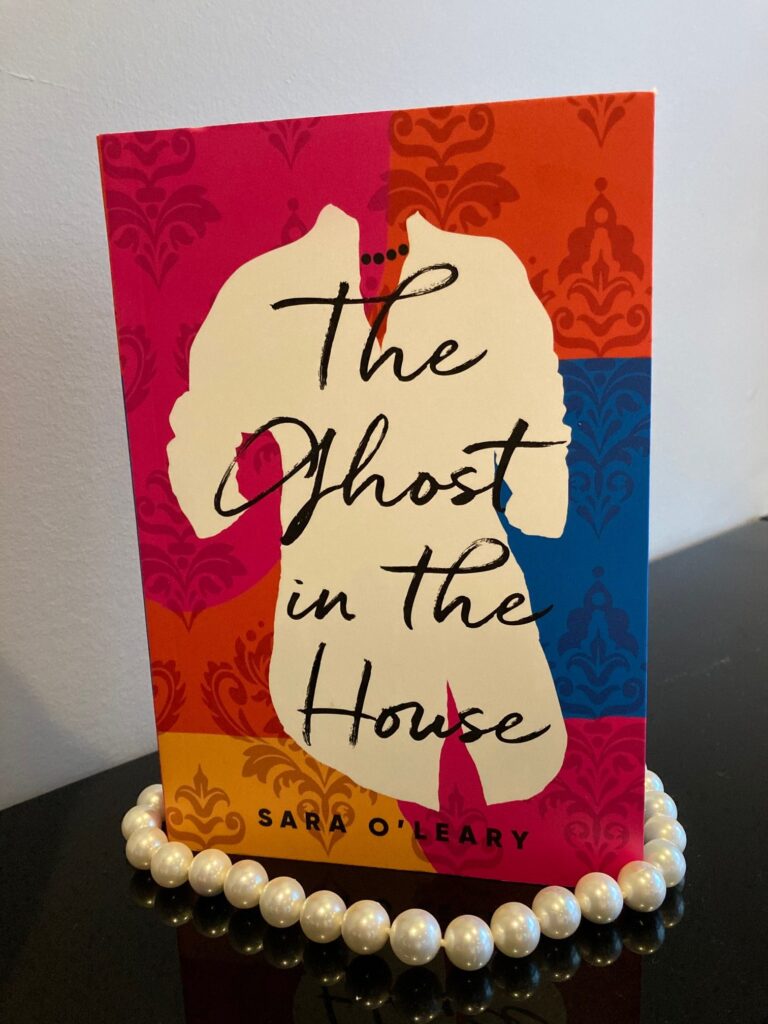
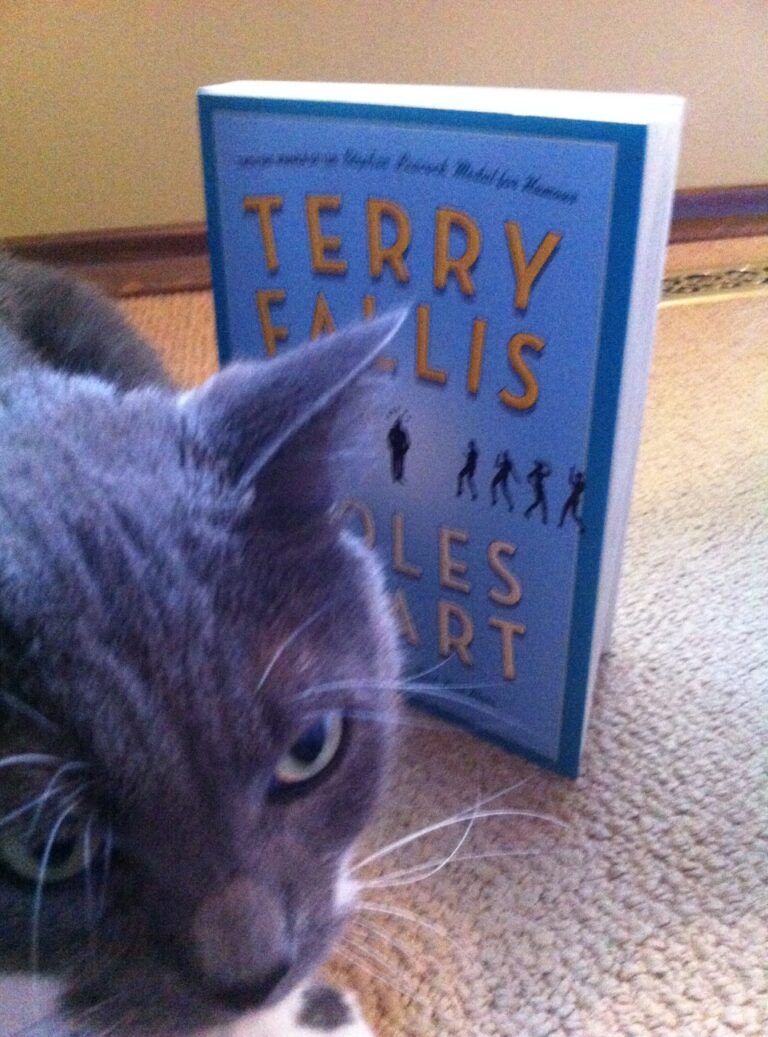
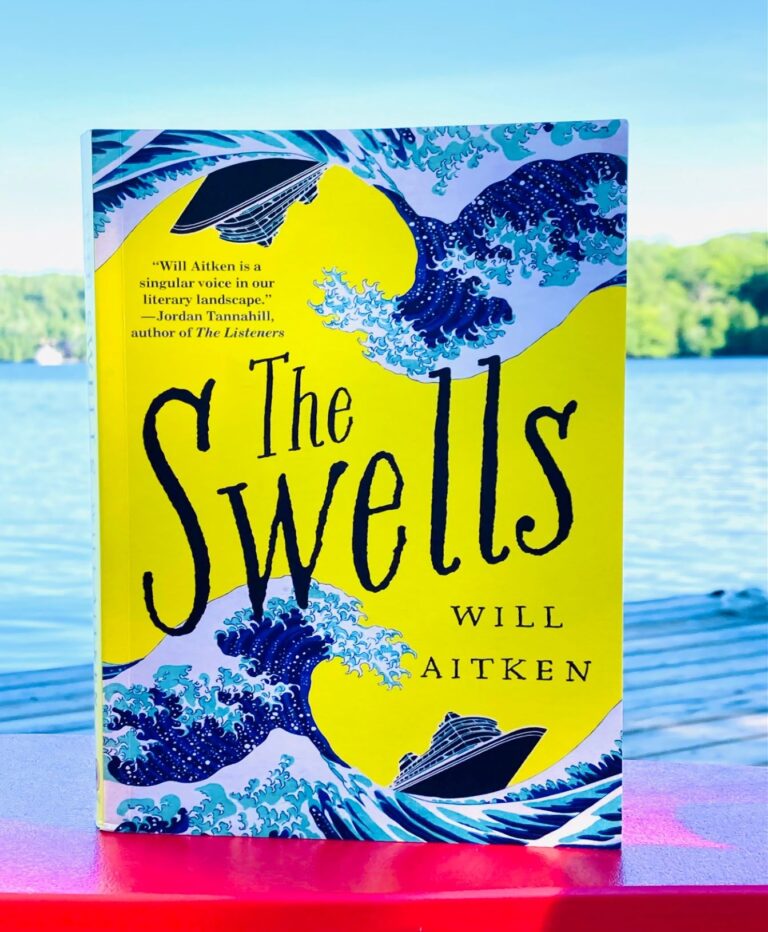

I didn’t love her short stories, so I’ve been reluctant to try the novels, but have certainly heard all kinds of good things about them…which also makes me wonder, maybe I was just in an “off” mood when I read the story collection! Glad you enjoyed this one so much!
Oh I’ve never read her short stories! I haven’t read her other novel yet either, but it was longlisted (?) I think for the giller, so it’s worth a shot.
Sorry I can’t make the Wordfest book club, Anne, but below are some thoughts and comments I had about the book.
This was a tough follow-up to last month’s book club selection, Bellevue Square. As the story started to unfold, I thought to myself, “Oh, no, here we go again.” While the narrator and the story were once again suspect, you very much felt compelled to keep reading, much like Heike’s quest for her fictional son. The story had a gothic feel about it a la Daphne du Maurier’s Rebecca.
Themes
I read a really interesting quote by the author, which I thought was a great elevator pitch. In the interview about the book, she said, “It’s about ghosts, memory, fairy tales, America, the drug industry, sisterhood, and the Twilight Zone.” She also commented that one of the main themes of the book was fear and how fear and memory are so entwined. In retrospect, most of the main characters seemed to live and act out of fear, but they were all moving toward something at the same time.
Relationships
All of the relationships in the story were interesting, but I particularly liked the part written around Heike and Dolan’s romantic involvement. Even though his personality was a bit weak, he was just what she needed to move forward in the development of her self (plus he got some pretty great story ideas from her).
I also really enjoyed the support Eric’s sister, Arden, offered Heike throughout, but particularly in the end. I think it was a way of Arden to break away from her relationship with her husband (I’m not strong enough to help myself, but I can help Heike); it would be interesting to know what happens to her in the future.
I had a hard time following the storyline of how Heike and Eric actually met—so unethical, but was there a dead ex-husband and how did Heike end up in the psychiatric ward under Eric’s care–but perhaps that had to do with the drug-induced, dreamy nature of the story.
Closing Thoughts
In the end, I’m not sure I loved the book, but I certainly liked it a lot, especially given how fast I read it. The time in which the story was set suited it perfectly, and the parts of the story involving Tessa (the imagery of her skimming across the top of the water) and the Dresden figurines being possessed (which they were in some respect) were particularly memorable. I’d love to know more about the bird imagery throughout and what was on that half-spent roll of film. There was a lot of repetition in terms of the visions and memories, but there was so much driving the story to its conclusion. And that closing line! It was extremely satisfying for the reader…and the main character, I’m sure.
*****
All the best with the upcoming addition to your family!
Thanks for all this Cathy, there’s lots of questions I can mine from this for next week! Enjoy your time away :)